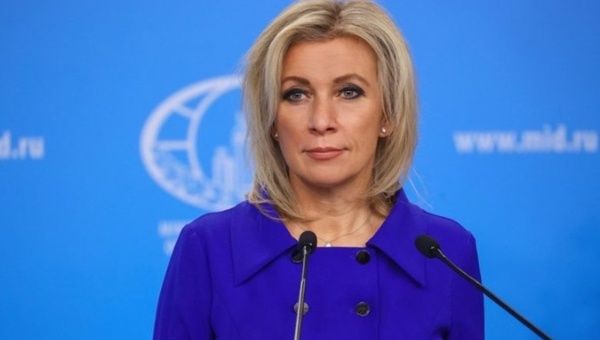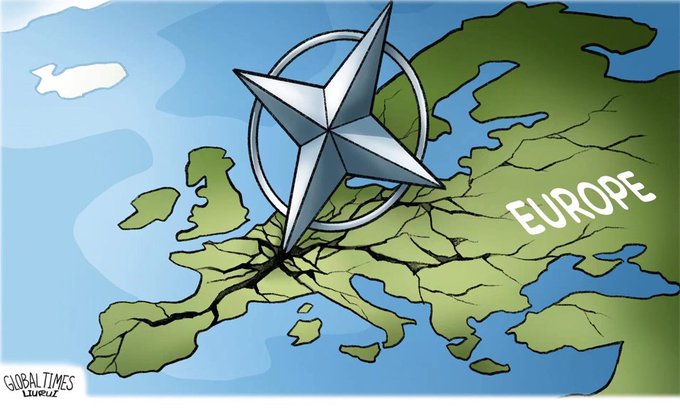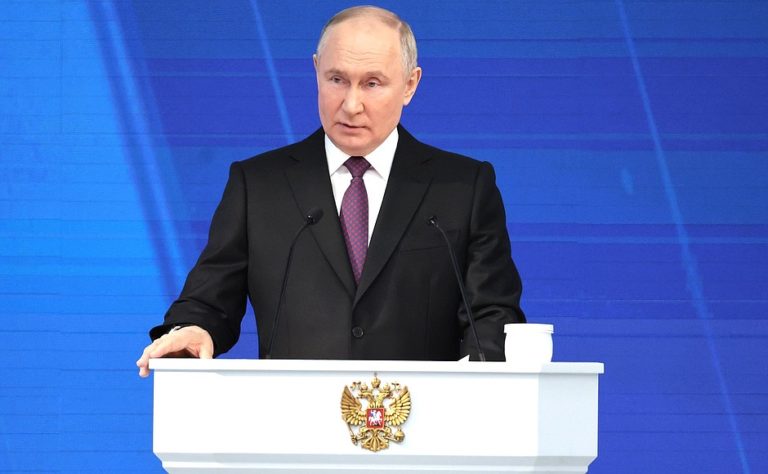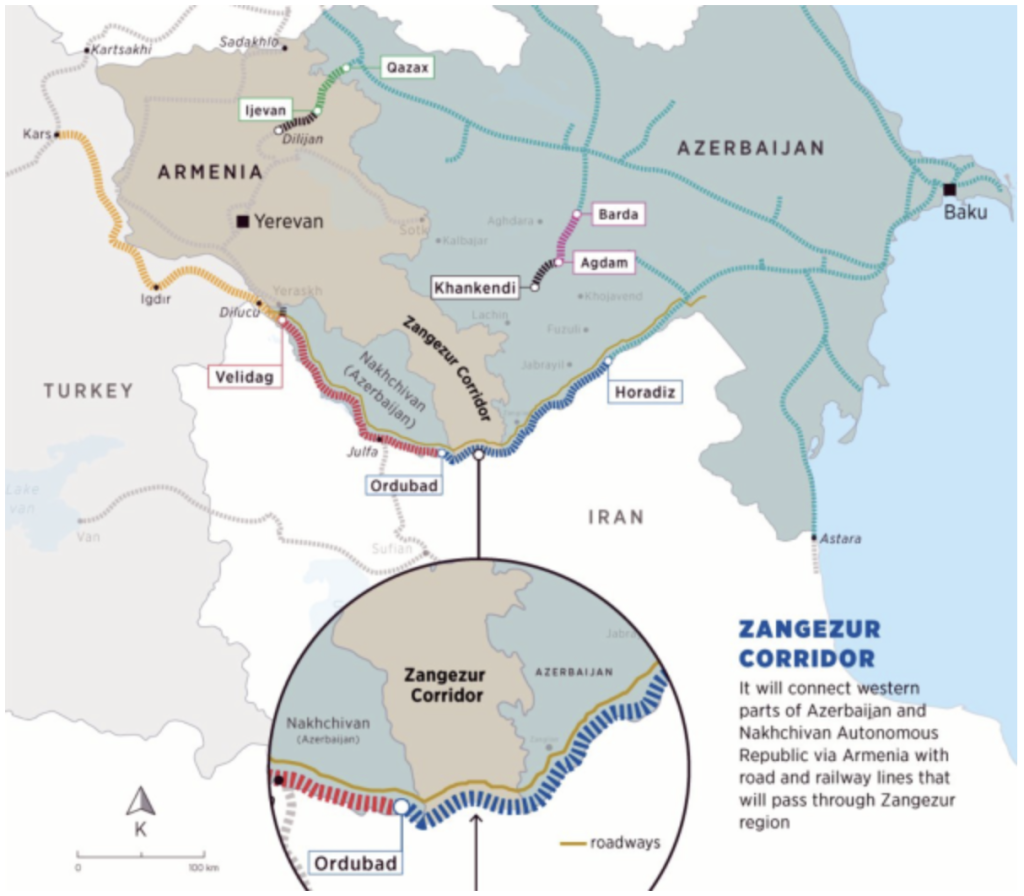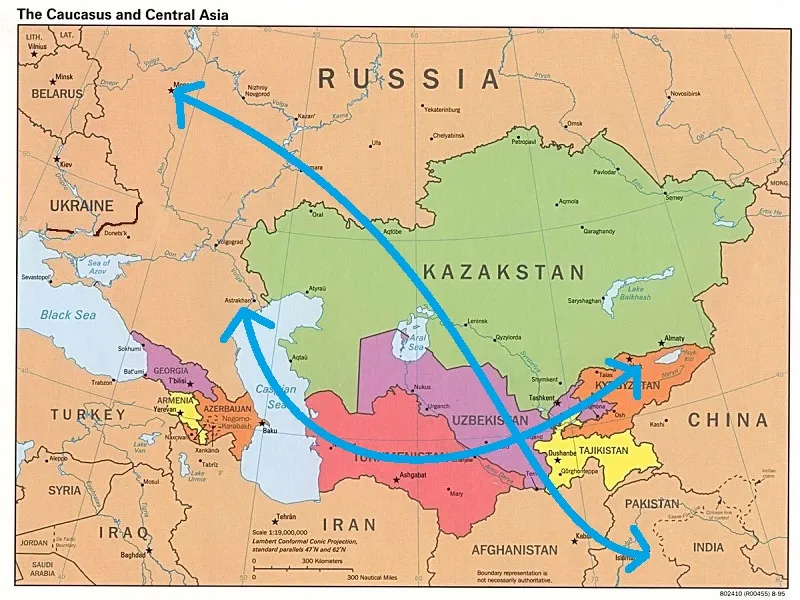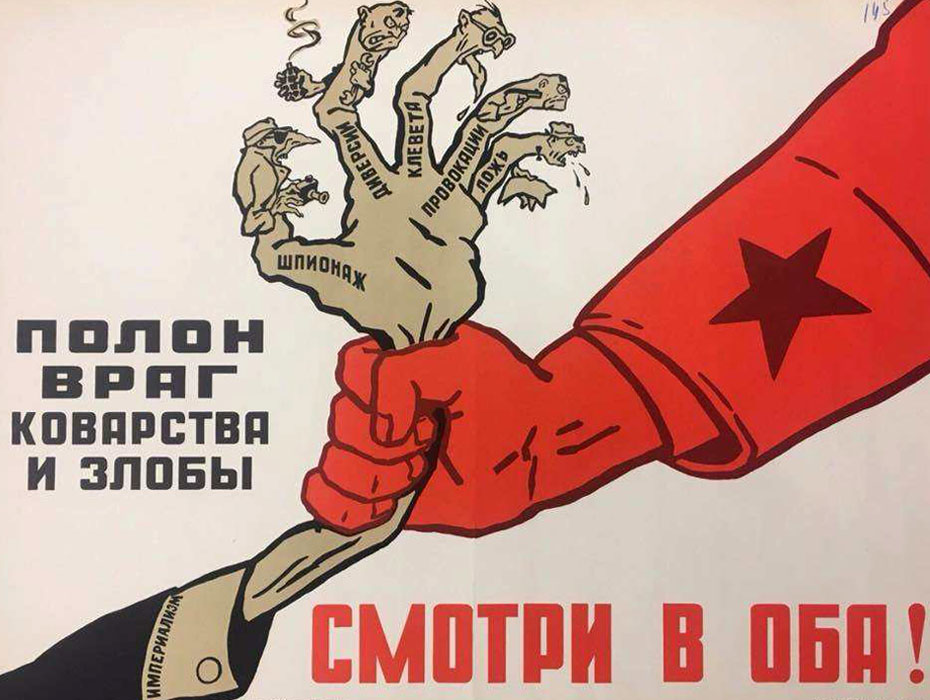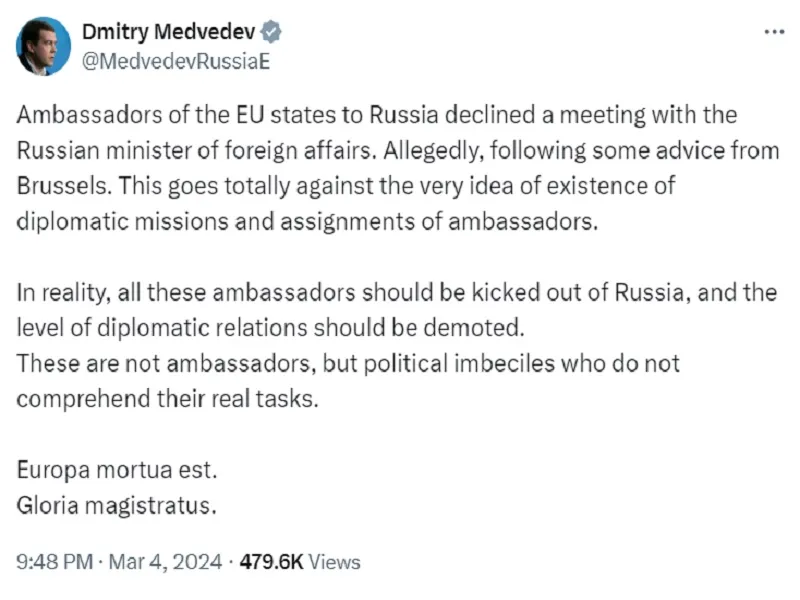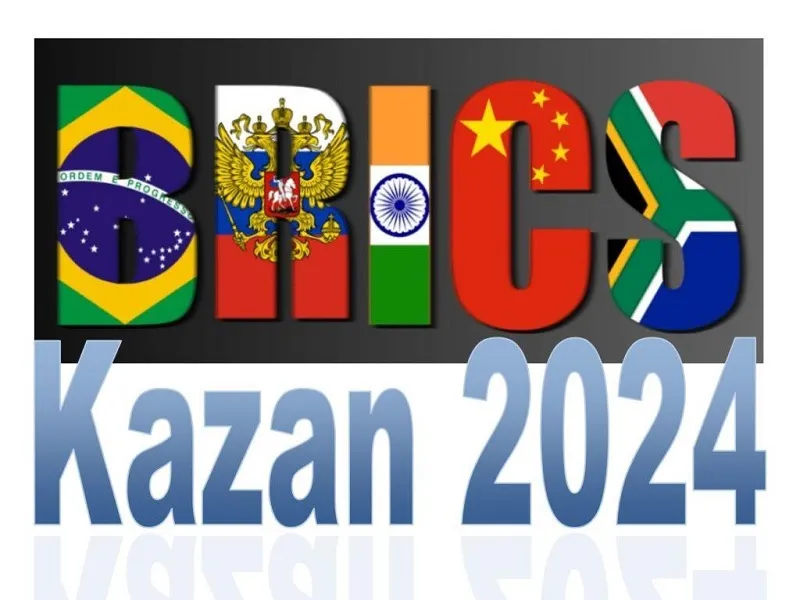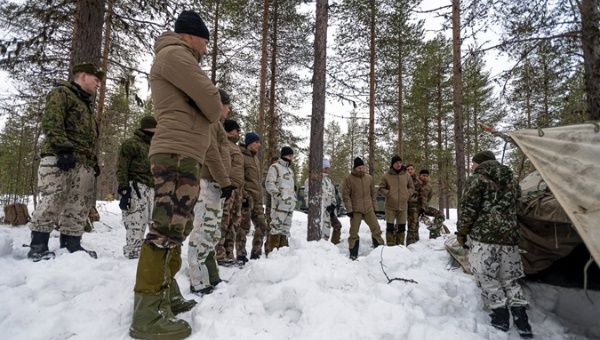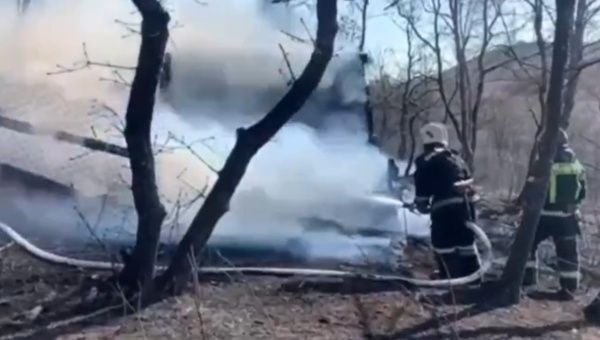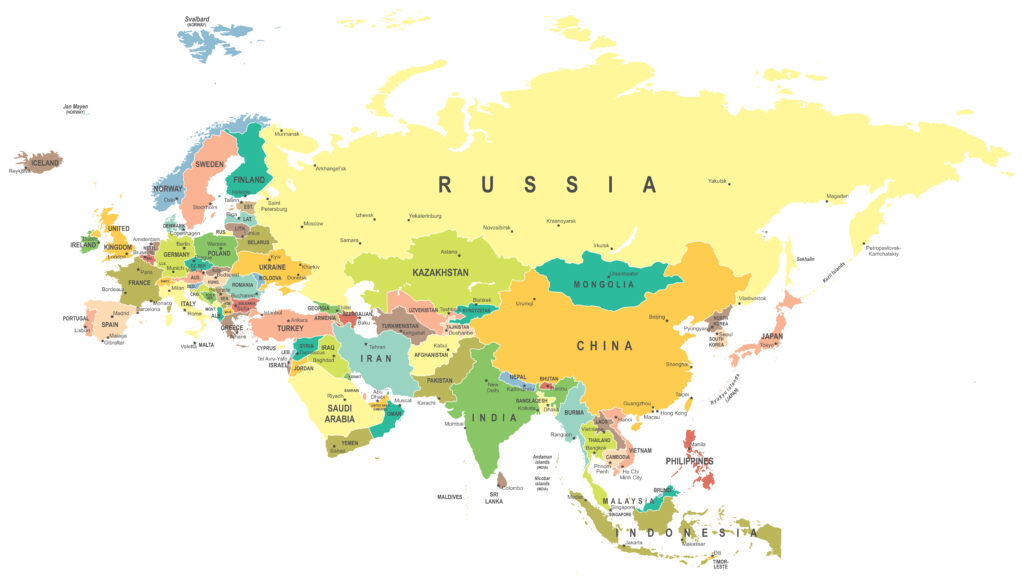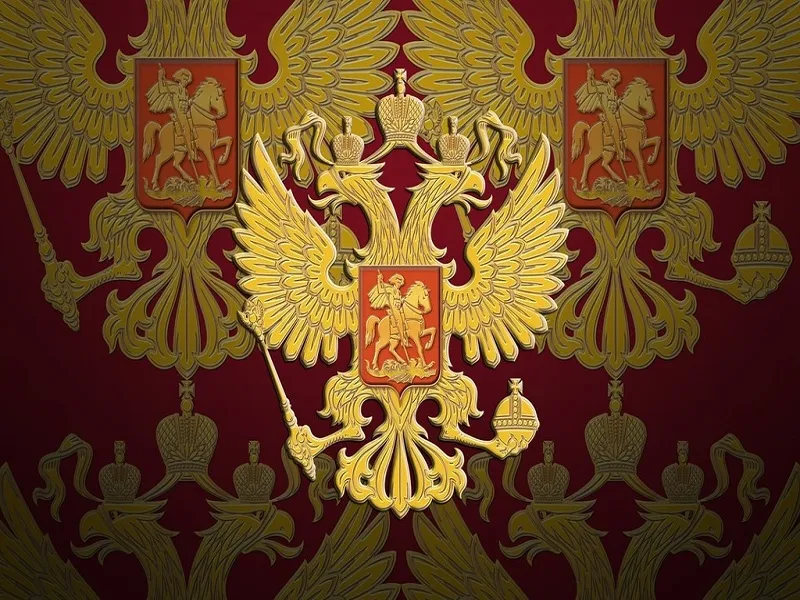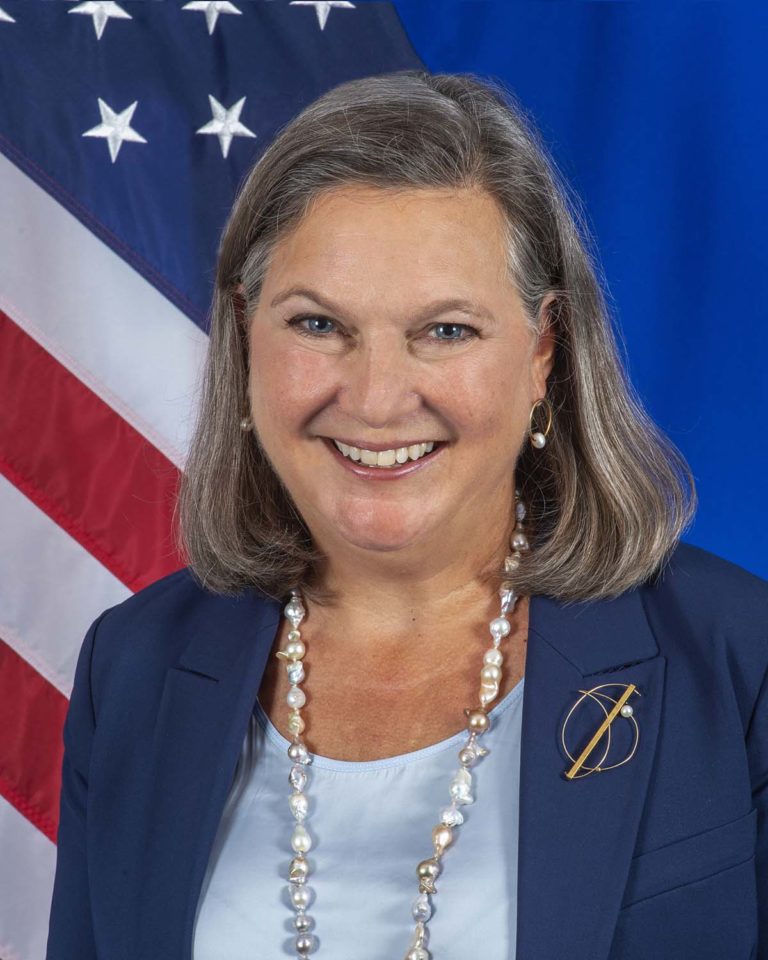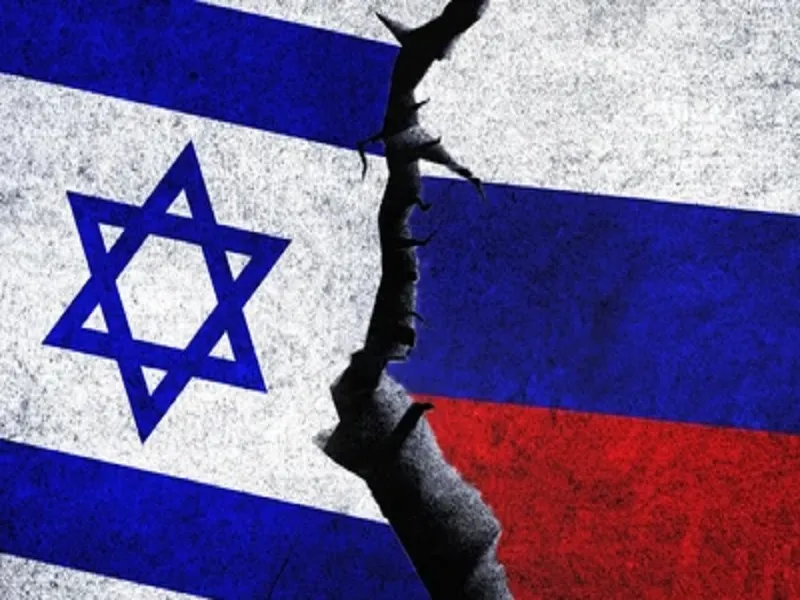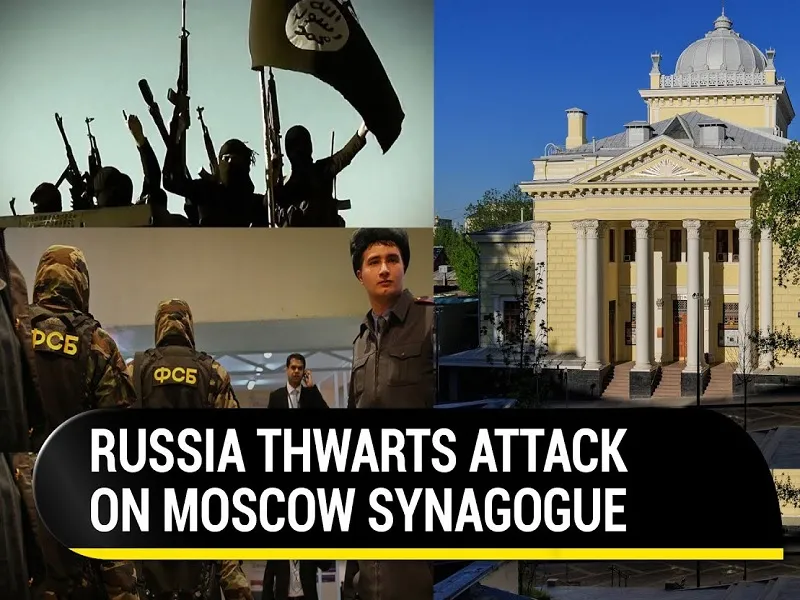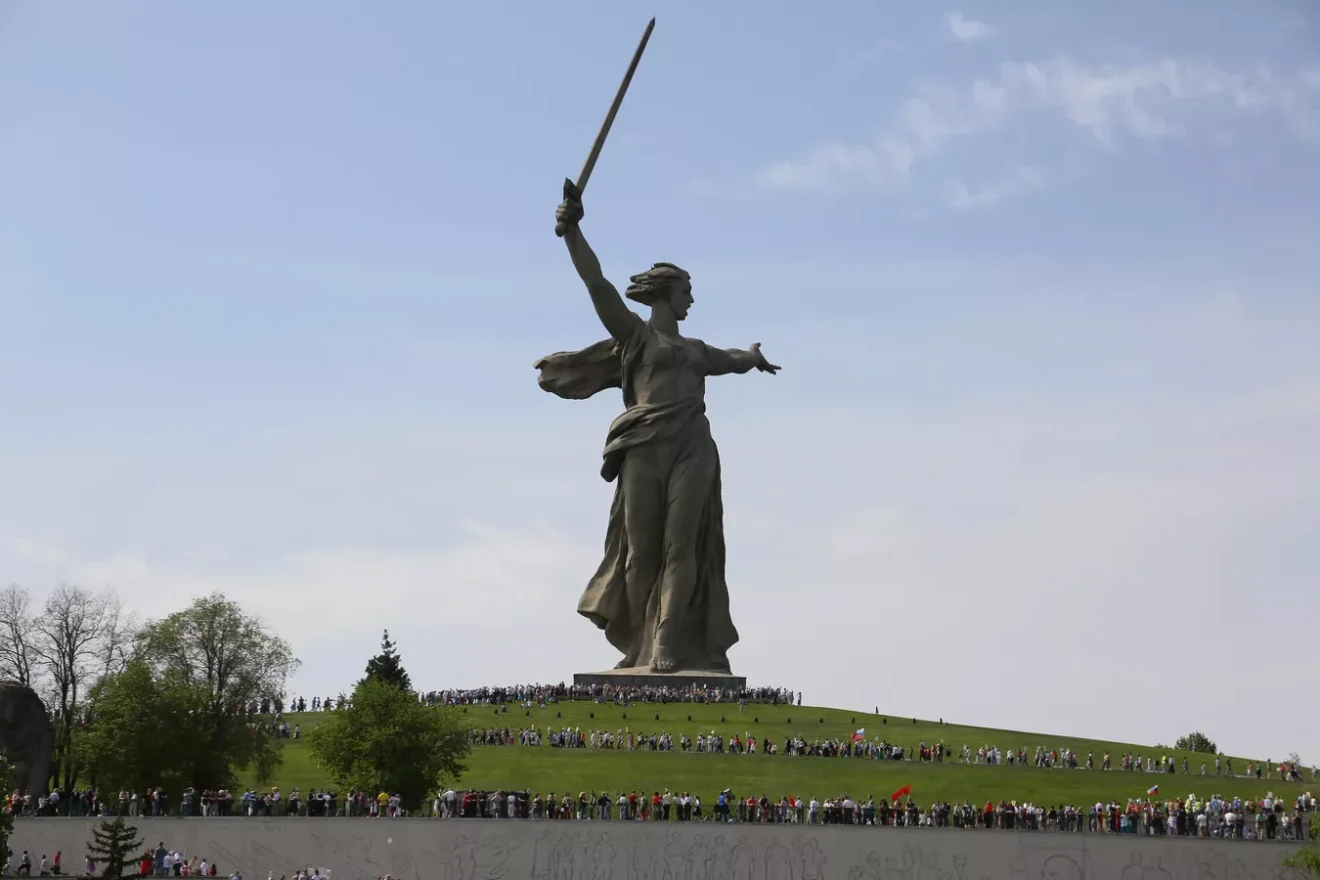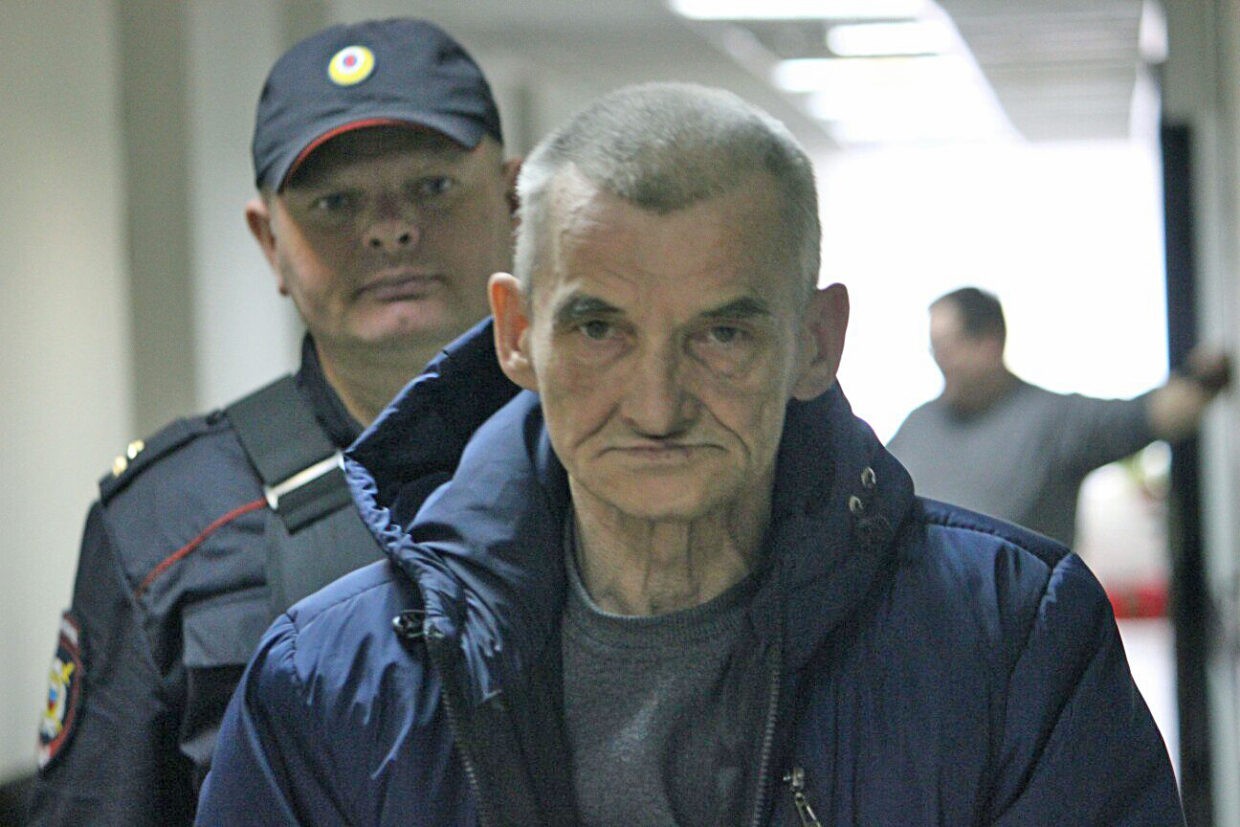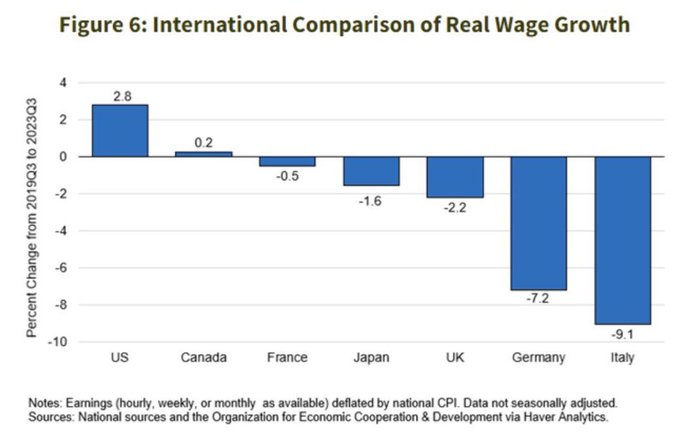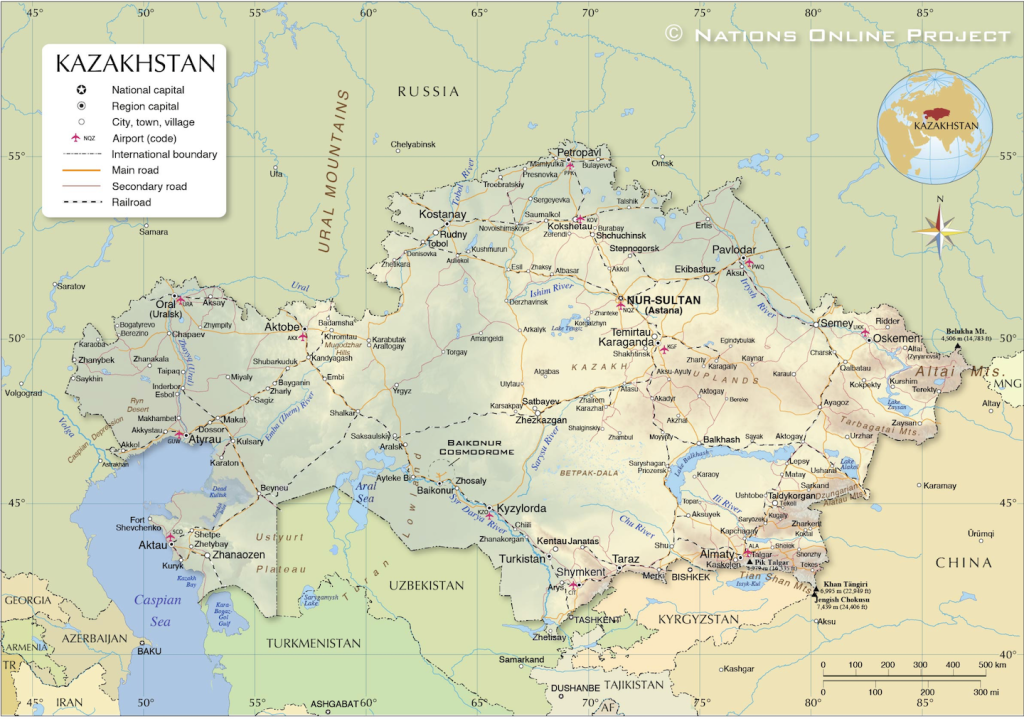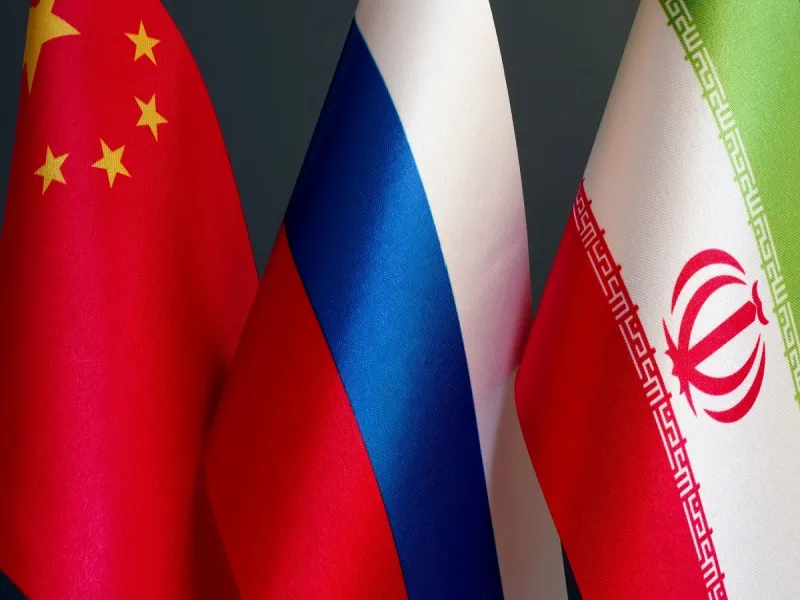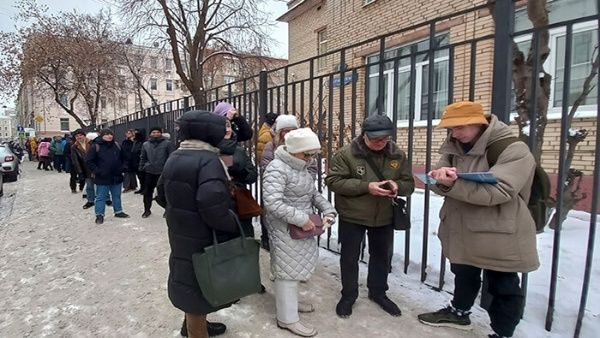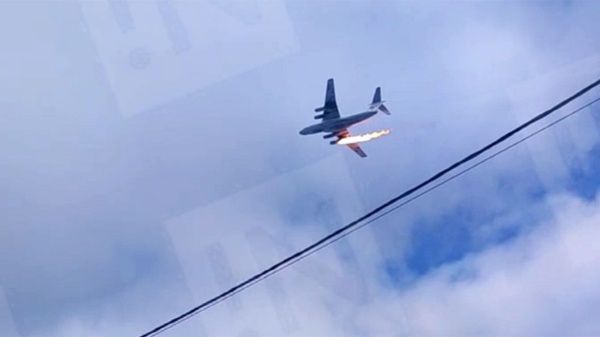February 28, 2024
While Alexey Navalny’s death commanded 24-hour news coverage, Gonzalo Lira’s death in Ukraine was virtually ignored. Alan MacLeod on why one death apparently mattered so much more to U.S. corporate media.
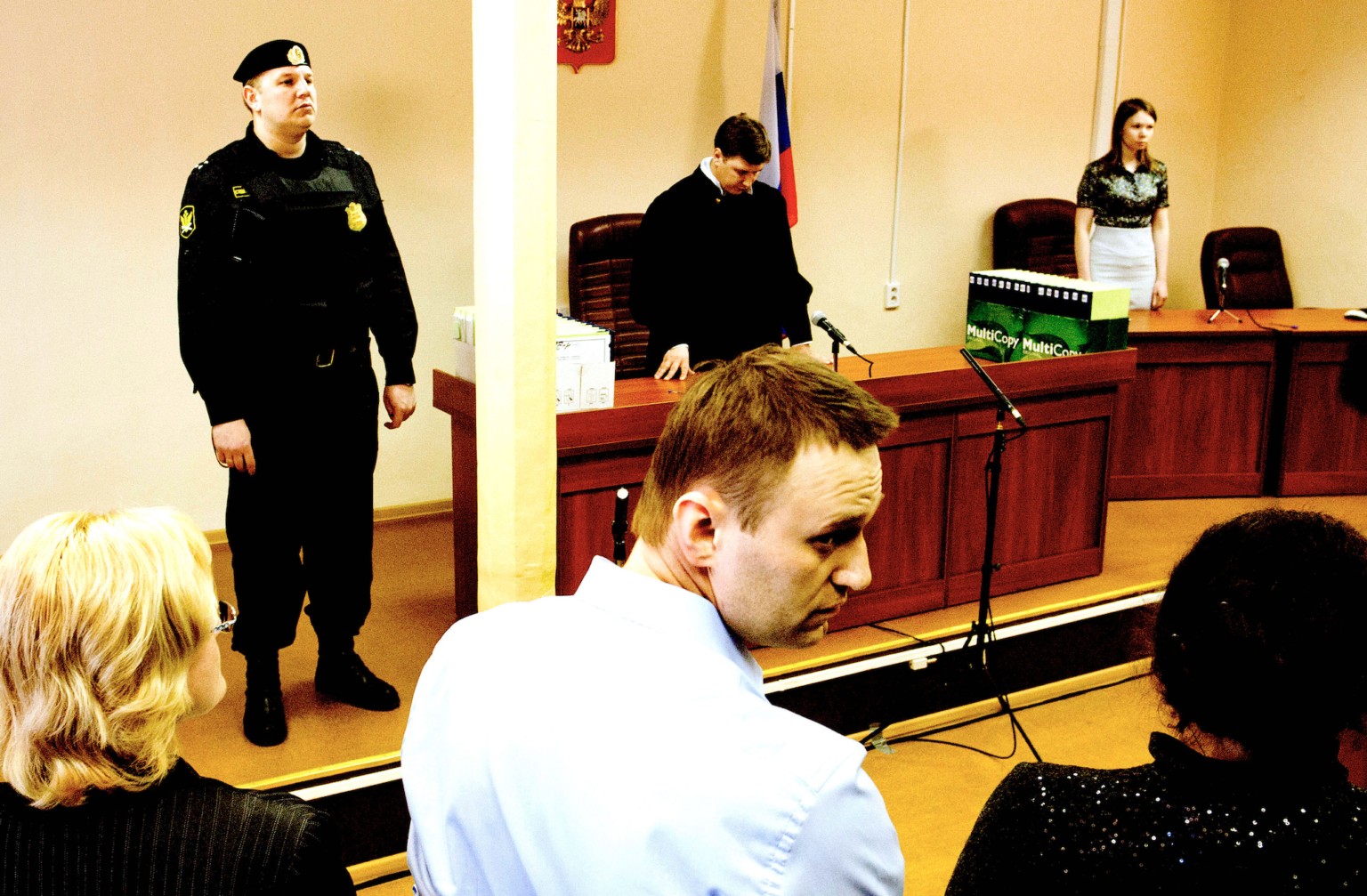
Alexey Navalny in court in 2013. (Evgeniy Feldman / Novaya Gazeta, Wikimedia Commons,
CC BY-SA 3.0)
By Alan MacLeod
MintPress News
MintPress conducted a quantitative analysis of the media coverage of the two political figures who recently died in prison: Alexey Navalny and Gonzalo Lira.
Both were controversial characters and critics of the governments that imprisoned them. Both died under suspicious circumstances (their families both maintain they were effectively murdered). And both died in the past six weeks, Navalny in February and Lira in January.
A crucial difference in their stories, however, is that Navalny perished in an Arctic penal colony after being arrested in Russia (an enemy state), while Lira’s life ended in a Ukrainian prison, abandoned by the pro-Kiev government in Washington, D.C.
The study compared the coverage of Navalny and Lira’s death in five leading outlets: The New York Times, The Washington Post, ABC News, Fox News and CNN over six days. These outlets were chosen for their reach and influence and, together, could be said to reasonably represent the corporate media spectrum as a whole.
The data was compiled using the Dow Jones Factiva news database and searches on the websites of the news organizations. This study takes no position on the matter of Navalny, Lira or the Russia-Ukraine war.
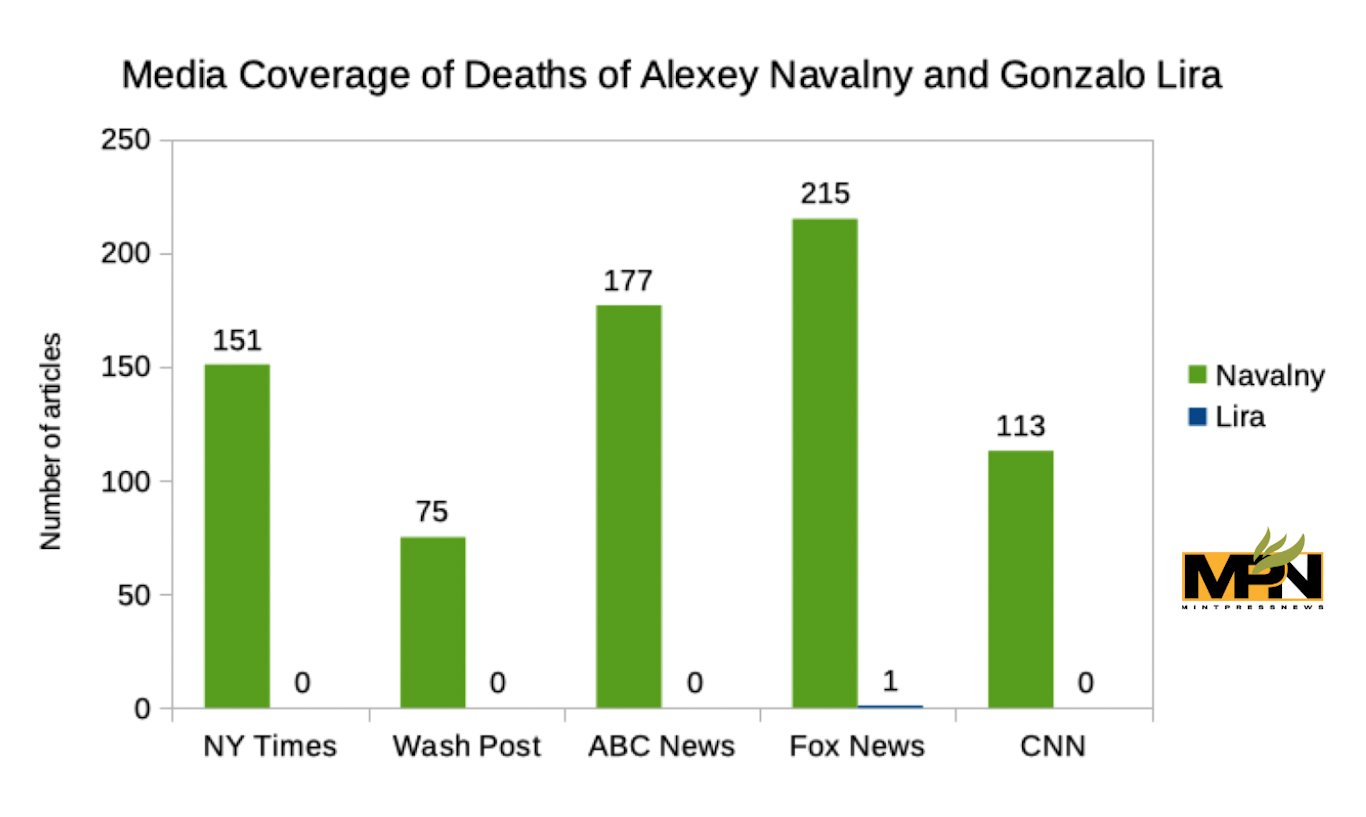
(MintPress News)
In total, the five outlets collectively ran 731 articles or segments that discussed or mentioned Navalny’s death, including 151 from the Times, 75 from the Post, 177 from ABC, 215 from Fox, and 113 from CNN. This means that each organization studied ran more than one piece per hour.
This media storm stands in stark contrast to the Lira case, where the entire coverage of his death [by the five outlets in the study] boiled down to a single Fox News article.
Moreover, the article in question described him as “spreading pro-Russian propaganda” in its headline, did not inform readers that there was anything suspicious about his death, and appeared to be doing its best to justify his treatment in the body of the article.
Aside from that, there was radio silence.
It is perhaps understandable that Navalny’s death was covered in much greater detail than Lira’s. Navalny was a political leader known across Russia and the world who died just weeks before the country’s presidential elections.
Yet Lira was far from unknown. News anchor Tucker Carlson, for example, devoted an entire show to his imprisonment, while high-profile figures like Twitter owner Elon Musk took up his cause.
State Department spokesperson Matthew Miller has been repeatedly asked about Lira’s case and has failed to offer concrete answers. As an American living in Ukraine who took a pro-Russian line on the invasion, Lira built up a following of hundreds of thousands of people across his social media platforms.
As an American citizen who died while in the custody of a government that the U.S. has provided with tens of billions of dollars in aid, it could be argued that Lira’s case is particularly noteworthy for an American audience and should be given special attention.
Moreover, Lira died more than one month before Navalny, meaning that the study compares more than 40 days of Lira coverage to just six days of coverage of Navalny’s death, making the disparity all the more glaring.
A Tale of Two Deaths
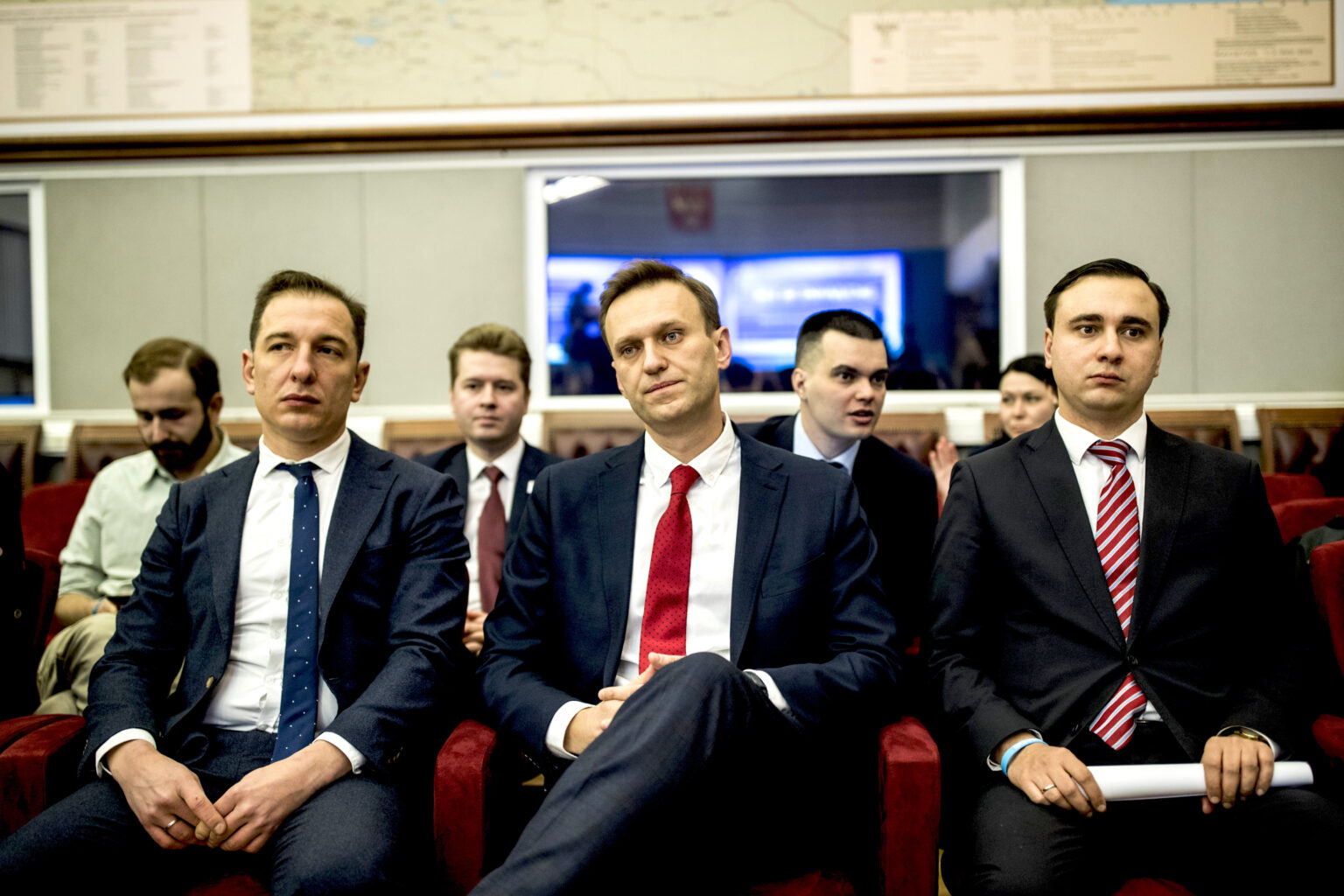
Navalny, center, at a meeting of the Central Election Commission in December 2017. (Evgeny Feldman, Wikimedia Commons, CC BY-SA 4.0)
Alexey Navalny was a lawyer, activist and the leader of the opposition Russia of the Future Party. A fierce critic of President Vladimir Putin, for many, especially in the West, he became a symbol of the struggle for human rights and democracy in Russia.
In 2021, he released a documentary film alleging that Putin was building an enormous $1 billion palace on the Black Sea for himself.
Navalny made many enemies and was allegedly poisoned in 2020. Although most in the West believe the Kremlin was behind the incident, this is not a commonly held view in Russia.
After returning from Germany for medical treatment in January 2021, he was incarcerated. On Feb. 16 he died at the notorious Polar Wolf penal camp in Russia’s far north.
“Vladimir Putin killed my husband,” Navalny’s wife, Yulia, said in a statement, adding, “The most important thing we can do for Alexey and for ourselves is to keep fighting more desperately and more fiercely than before.”
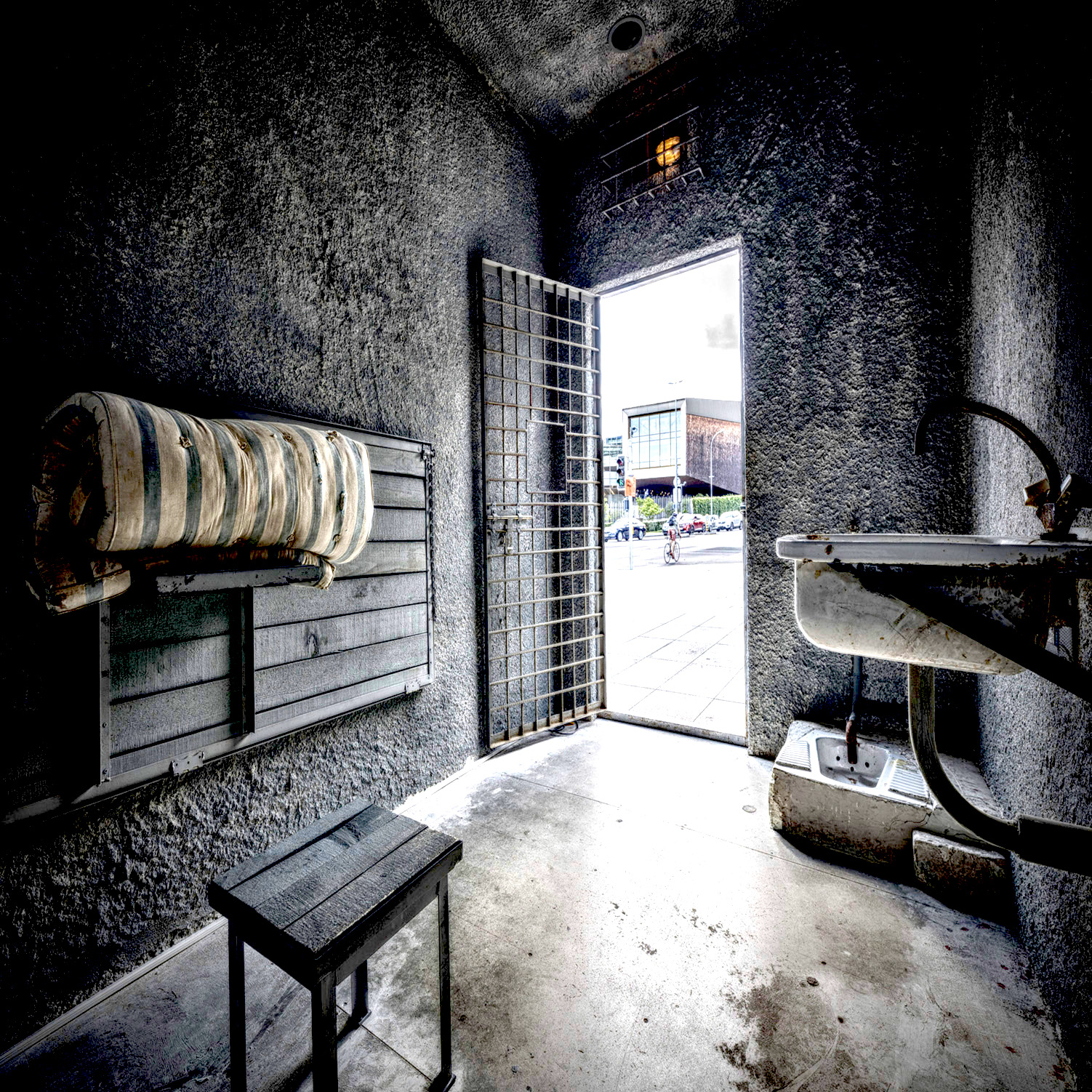
A temporary exhibit in Geneva, opposite the U.N., in June 2023 of a replica of a solitary confinement cell where Navalny was held several times. (Markus Schweizer, Wikimedia Commons, CC BY-SA 4.0)
Western leaders are largely of the same opinion. President Joe Biden said that, while the details are still unclear, “there is no doubt that the death of Navalny was a consequence of something Putin and his thugs did.”
Latvian President Edgars Rinkevics said that he was “brutally murdered by the Kremlin.” “That’s a fact, and that is something one should know about the true nature of Russia’s current regime,” he added.
Other politicians were more cautious. “Why this hurry to accuse someone?” Brazilian President Luiz Inácio Lula da Silva (Lula) asked. “If the death is under suspicion, we must first carry out an investigation to find out why this person died,” he said.
[Ukraine’s intelligence chief rejected the Russian assassination stories, saying Navalny died of natural causes, from a blood clot.]
Despite this and Lula’s warning, Western nations are already taking action against Russia. Both the U.S. and the U.K. have announced new rounds of “major sanctions” against Moscow, although it is far from clear to what extent previous sanctions actually hurt Russia.
Although he enjoyed a good reputation in the West, in his homeland, Navalny was a controversial character.
Earlier in his political career, he was a prominent leader in xenophobic, far-right marches. He also appeared in a political video where he described the Muslim people of the Northern Caucasus as an “infestation of cockroaches.”
While bugs can be killed with a slipper, in the case of human infestations, “I recommend a pistol,” he said before mimicking shooting one. According to a 2023 poll, just 9 percent of Russians held a positive view of him, compared to 57 percent who disapproved of his activities.
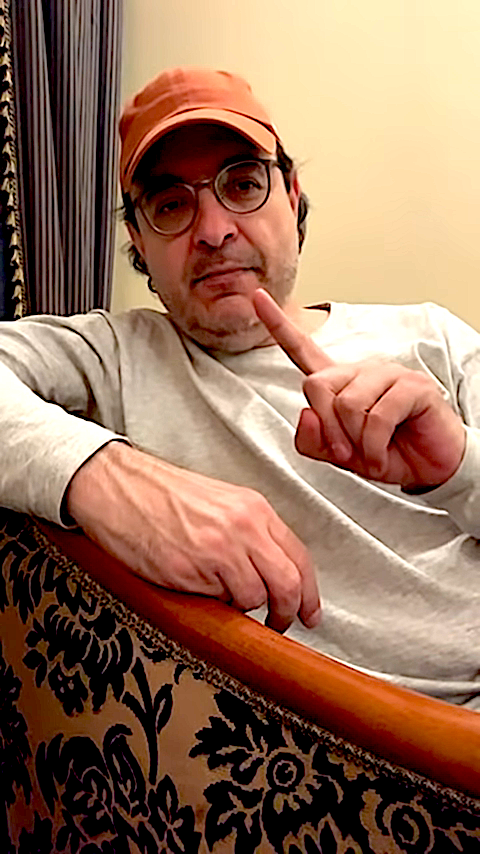
Gonzalo Lira in the Premier Palace Hotel, Kiev, Ukraine. February 2022. (Gonzalo Lira, Wikimedia Commons, CC BY-SA 4.0)
Lira, meanwhile, found success as an author and filmmaker earlier in life. He gained international notoriety, however, because of the 2022 Russian invasion.
As an American living in Ukraine at the time, his thoughts and perspectives traveled widely. He was far from a shrinking violet, often taking a strongly pro-Russian stance on the war, labeling Ukrainian President Volodymyr Zelensky a “cokehead,” and praising Putin’s move as “one of the most brilliant invasions in military history.”
It was this sort of content that angered both the Ukrainian government and many in the United States.
The Daily Beast, for instance, attacked him, describing him as a “pro-Putin shill,” and went so far as to contact the Ukrainian government to make them aware of Lira’s work.
Lira confirmed that, after The Daily Beast’s article, he was arrested by the Ukrainian secret police.
He was rearrested in May 2023 and would never see freedom again. Like with Navalny, Lira’s relatives claim he was badly mistreated in prison, and they blame the government for his death.
“I cannot accept the way my son has died. He was tortured, extorted, [held] incommunicado for 8 months and 11 days, and the U.S. Embassy did nothing to help my son,” Lira’s father wrote. “The responsibility of this tragedy is [with] the dictator Zelensky [and] with the concurrence of a senile American President, Joe Biden… My pain is unbearable. The world must know what is going on in Ukraine with that inhuman dictator Zelensky,” he added.
While Lira was undoubtedly far from neutral, neither was the Western press, which has largely taken a pro-Ukraine, anti-Russia stance. Like Navalny, Lira also had a controversial past.
Under the name “Coach Red Pill,” he made dating and relationship advice videos for the misogynistic manosphere community, where he reportedly offered sexist advice to men such as “never date a woman in her thirties.” [He also wrote in a Telegram post that Augusto Pinochet was the best leader Chile ever had. Lira was Chilean in origin.]
A Tireless Visionary vs. Human Trash
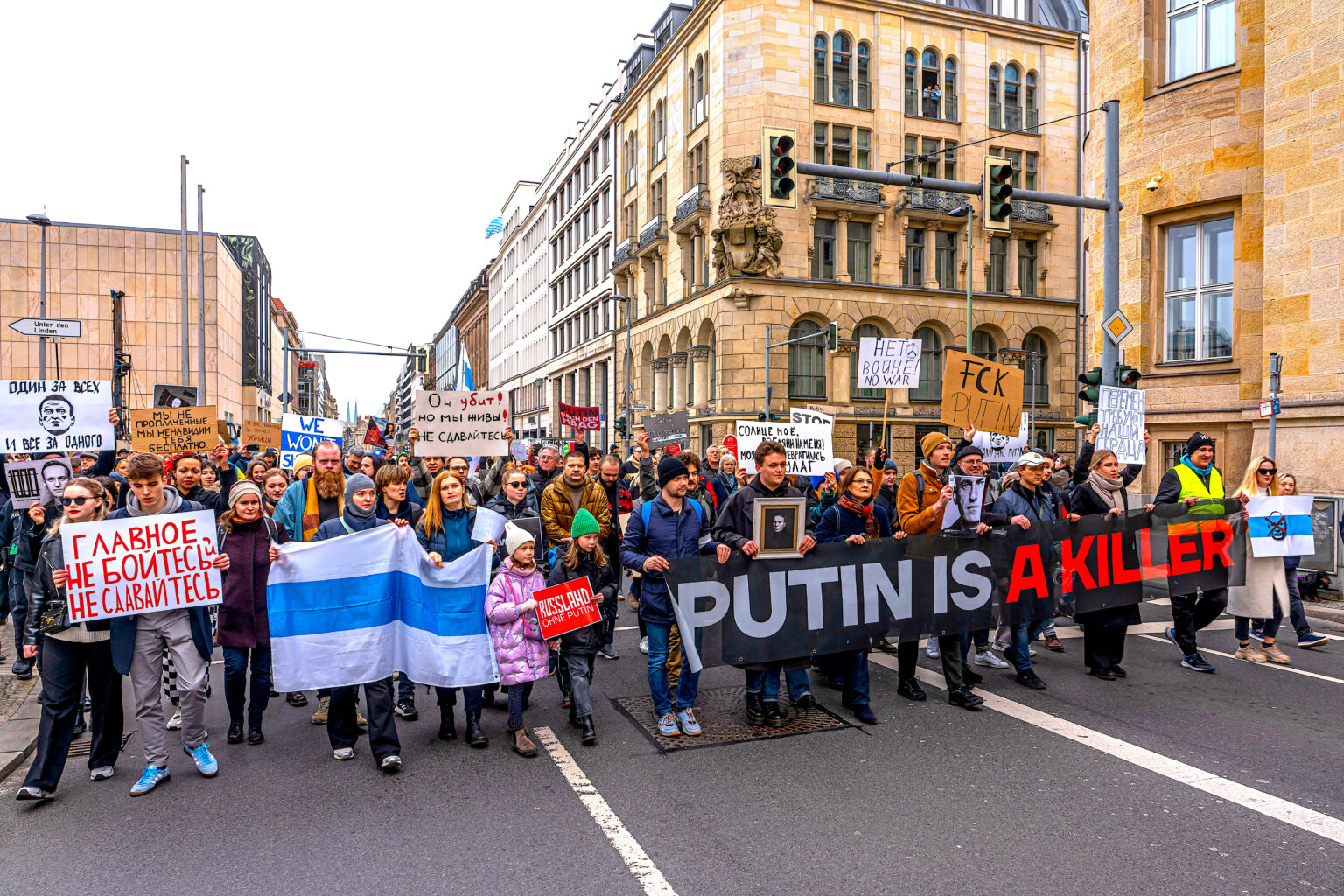
Demonstration around the Russian embassy in Berlin on Feb. 21, 2024, after the death of Alexey Navalny. (A.Savin, Wikimedia Commons, FAL)
Not only was the coverage of Navalny’s death extensive, but it also portrayed the deceased political activist in a highly positive light and gave ample space to figures claiming he was effectively assassinated by the Russian government.
The New York Times, for example, published an op-ed by Nadya Tolokonnikova of the anti-Putin punk band Pussy Riot, in which she said Navalny gave “hope and inspiration to people around the world.” “For many of us in Russia, Alexey was like an older brother or a father figure,” she said, adding:
“He helped me and millions of Russians realize that our country doesn’t have to belong to K.G.B. agents and the Kremlin’s henchmen. He gave us something else, too: a vision he called the ‘beautiful Russia of the future.’ This vision is immortal, unlike us humans. President Vladimir Putin may have silenced Alexey, who died last week. But no matter how hard he tries, Mr. Putin won’t be able to kill Alexey’s beautiful dream.”
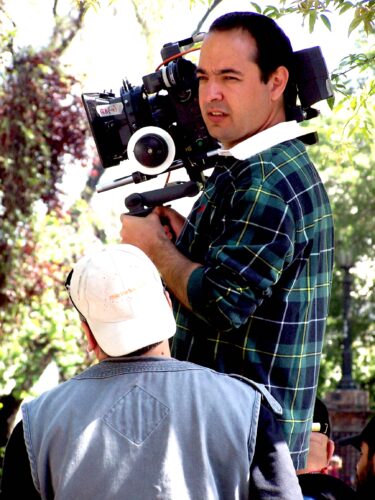
Lira while filming Secuestro in 2007. (Guruguru, Wikimedia Commons, Public domain)
In contrast, the sparse coverage Lira’s death received in any outlet resembling a mainstream one was overwhelmingly negative. The Daily Beast, for example, [which was outside the study] ran with the headline “U.S. Finally Confirms American Dating Coach-Turned-Kremlin Shill Died in Ukraine.”
Its subheadline read, “Gonzalo Lira, a blogger who pushed Kremlin propaganda in Ukraine, died after apparently coming down with pneumonia,” meaning that there was no mention of his arrest or jailing in either title or subtitle.
Most media consumers (who do little more than browse headlines) would assume from that description that an awful person met a natural death. The article went on to tear down his credentials as a journalist (which The Daily Beast used only in “scare quotes” when discussing him) and accused him of making “hysterical” pronouncements about how the Ukrainian government was after him – even though he had just died in a Ukrainian prison.
This “good riddance to bad rubbish” framing encapsulated what little coverage of Lira’s death there was in the corporate press.
Worthy & Unworthy Victims
How to explain such an overwhelming disparity in coverage? That American media have so steadfastly ignored the death of Gonzalo Lira – an American citizen – cannot be boiled down to its lack of newsworthiness. Instead, Lira is a victim of the phenomenon that media scholars call worthy and unworthy victims.
In 1988, academics Edward Herman and Noam Chomsky developed the theory of worthy vs. unworthy victims in their book Manufacturing Consent. Together, they compared the media coverage of various violent actions around the world in order to ascertain why certain atrocities are ignored and why others become front-page news.
To Herman and Chomsky, whether the media would be interested in a violent story came down largely to two factors: who is the perpetrator, and who is the victim?
If the perpetrator is an enemy state or hostile actor, then media interest will be exponentially higher.
However, if the United States or its allies are at fault, then the media is likely to ignore the story. Likewise, if the victim is the U.S. or an ally, they will receive a great deal of attention.
However, the media have little interest in presenting enemy actors or states as victims, so those cases will be overlooked.
That is why Herman and Chomsky found, for example, that the coverage of one single murdered priest in an enemy nation (Communist Poland) drew more air time and column inches than the assassinations of over 100 churchmen in massacres committed by U.S.-backed groups in Latin America.
In short, your death will only be covered extensively if there is political capital to be made out of it – if the incident allows media to present enemy parties as barbarous and the U.S. or friendly parties as virtuous or worthy of sympathy.
Navalny was a Western-backed political figure attempting to unseat Putin from power. His death, therefore, checks both boxes of the Worthy Victims checklist, hence the 24-hour coverage across the press.
Lira, on the other hand, was a pro-Russian journalist and commentator who relentlessly critiqued and attacked the Ukrainian government. He is neither a sympathetic character in the corporate media’s eyes, nor does it make any political sense to present the Zelensky administration (whom the U.S. is steadfastly supporting) as responsible for killing an American citizen.
Hence, his story is dropped and does not pass through the filters to make it onto our screens and into public consciousness.
This study is certainly not arguing that Navalny’s death is not a newsworthy event, nor that Lira deserves equal or more coverage. Nor does it take any stance on Navalny or Lira as individuals or on the wider geopolitical tussle between the United States, Russia and Ukraine.
It merely uses these stories as case studies to show that what makes it as “news” in establishment media is not random but the result of an intensely politicized process. In other words, when it comes to deaths, murders or assassinations, the media will likely only cover yours if there is something to be gained from it.
https://consortiumnews.com/2024/02/28/w ... alny-lira/
******
Putin's Address To The Federal Assembly
Today President Vladimir Putin addressed the Russian Federal Assembly.
After taking stock on how Russia responded to recent challenges, Putin asserted that the western attempts against Russia had failed:
The so-called West, with its colonial practices and penchant for inciting ethnic conflicts around the world, not only seeks to impede our progress but also envisions a Russia that is a dependent, declining, and dying space where they can do as they please. In fact, they want to replicate in Russia what they have done in numerous other countries, including Ukraine: sowing discord in our home and weakening us from within. But they were wrong, which has become abundantly clear now that they ran up against the firm resolve and determination of our multi-ethnic people.
...
Together, as citizens of Russia, we will stand united in defence of our freedom and our right to a peaceful and dignified existence. We will chart our own course, to safeguard the continuity of generations, and thus the continuity of historical development, and address the challenges facing the country based on our outlook on the world, our traditions and beliefs, which we will pass down to our children.
Putin continued by reviewing the introduction of new strategic Russian weapon system which are superior to those in the West. He again offered a dialogue over limiting those:
Russia is ready for dialogue with the United States on issues of strategic stability. However, it is important to clarify that in this case we are dealing with a state whose ruling circles are taking openly hostile actions towards us. So, they seriously intend to discuss strategic security issues with us while simultaneously trying to inflict strategic defeat on Russia on the battlefield, as they themselves say.
Here is a good example of their hypocrisy. They have recently made unfounded allegations, in particular, against Russia, regarding plans to deploy nuclear weapons in space. Such fake narratives, and this story is unequivocally false, are designed to involve us in negotiations on their conditions, which will only benefit the United States.
At the same time, they have blocked our proposal which has been on the table for over 15 years. I am referring to the agreement on preventing the deployment of weapons in outer space, which we drafted back in 2008. There has been zero reaction to it. It is totally unclear what they are talking about.
Under such conditions serious strategic security talks with the U.S., which will have to be done in an all including package, are not possible.
Putin also responded to Macron's recent threat of introducing western forces into the war in Ukraine. (It is well know that such forces are already there). Putin:
The West has provoked conflicts in Ukraine, the Middle East, and other regions around the world while consistently propagating falsehoods. Now they have the audacity to say that Russia harbours intentions of attacking Europe. Can you believe it? We all know that their claims are utterly baseless. And at the same time, they are selecting targets to strike on our territory and contemplating the most efficient means of destruction. Now they have started talking about the possibility of deploying NATO military contingents to Ukraine.
But we remember what happened to those who sent their contingents to the territory of our country once before. Today, any potential aggressors will face far graver consequences. They must grasp that we also have weapons – yes, they know this, as I have just said – capable of striking targets on their territory.
This is again followed by an offer to talk:
Indeed, just like any other ideology promoting racism, national superiority or exceptionalism, Russophobia is blinding and stupefying. The United States and its satellites have, in fact, dismantled the European security system which has created risks for everyone.
Clearly, a new equal and indivisible security framework must be created in Eurasia in the foreseeable future. We are ready for a substantive discussion on this subject with all countries and associations that may be interested in it. At the same time, I would like to reiterate (I think this is important for everyone) that no enduring international order is possible without a strong and sovereign Russia.
Putin further asserts that the increasing share of global GDP in BRICS countries and the decrease of the GDP share of the West are a new reality.
There are no way to escape its consequences.
Posted by b on February 29, 2024 at 15:06 UTC | Permalink
https://www.moonofalabama.org/2024/02/p ... .html#more
******
Re-shoeing Garcia-Bernal
February 28, 20:41
Blogger Garcia-Bernal decided to change her shoes.
Lately I’ve often been asked (really, by the way, they’ve been asking) what has changed and why I “turned from Vichka to Zichka.” Why has my position changed? Weird question. If anything, 2 years have passed since the beginning of the war and a lot has changed.
The Ukrainian leadership has moved from the rhetoric of “We want peace” to the rhetoric of “We want to destroy Russia and force the Russians to pay and repent.” We learned from the Ukrainian side that the negotiations (which we all dreamed of) were disrupted in March 2022 by Ukraine on Johnson’s advice. We looked at the terrorist attacks in Russia that are being carried out by the Ukrainian leadership. We saw how European officials gave a damn about the rights of Russians abroad, demonstrating deep xenophobia and so on.
What was possible two years ago - to demand peace, shout NO TO WAR, today already looks like complete bullshit. I honestly mentally searched for options on how to end all this and not endanger my country, Russian citizens and myself personally. And I didn’t find it. There is none of them. Ukraine does not want negotiations. So we continue to fight. I'm tired of trying to persuade people not to die.
You will say: “I changed my shoes.”
And I will answer: “Whoever does not change his shoes, his feet stink.”
The truth is that in the current war it will not be possible to sit on two chairs. The chairs move apart and the ass hangs over the abyss.
One way or another, you have to choose a side. And these sides, as during the Great Patriotic War, are two.
Someone knew it right away. Someone understood after the start of the SVO. Some took 2 years.
https://colonelcassad.livejournal.com/8995710.html
Transnistria turned to Russia for help
February 28, 15:55

The Parliament of Transnistria adopted a resolution asking for help from Russia in connection with the economic blockade of the Republic.
https://ic.pics.livejournal.com/colonel ... 10_900.jpg
Google Translator
****
Russia willing to help its partners in Latin America
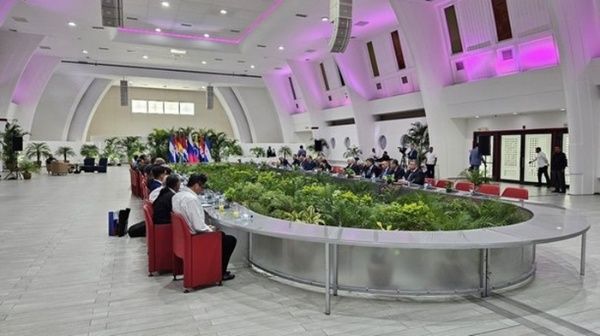
Patrushev confirmed Russia is ready to collaborate with its Latin American partners. | Photo: SCRF
Published February 28, 2024 (7 hours 13 minutes ago)
The secretary of the Russian Security Council stated that for the Eurasian giant the events that arise in America are of vital importance.
Nikolai Patrushev, secretary of the Russian Security Council, indicated on Tuesday that his government held meetings with representatives of the governments of Nicaragua, Cuba, Bolivia and Venezuela.
Patrushev confirmed Russia is ready to collaborate with its Latin American partners.
"An exchange of views was held on regional security issues. Measures to counter foreign interference in the internal affairs of sovereign states were discussed in detail," reads a statement from the Russian Security Council.
"Developing friendly ties with its key partners in Latin America and the Caribbean remains one of Moscow's top international priorities," the Russian official added.
He assured that the region is of vital importance for Russia. "It is these countries that are at the forefront of the fight for Latin America's genuine sovereignty and its full place on the world stage," she said.
"For our part, we are willing to provide full and comprehensive support to our Latin American friends. It is necessary to strengthen our coordination on international platforms. Shoulder to shoulder we must defend the sovereign equality of States, the rule of law, the indivisibility of security, the inadmissibility of interference in internal affairs and opposing the illegal pressure of sanctions," he concluded.
During Patrushev's meetings with the special representative of the president of Nicaragua for affairs with Russia, Laureano Ortega, and the advisor for security issues of the Bolivian president, José Hugo Moldiz.
In these meetings, bilateral cooperation issues in the fields of economy and security were addressed.
https://www.telesurtv.net/news/rusia-di ... -0009.html
Google Translator
